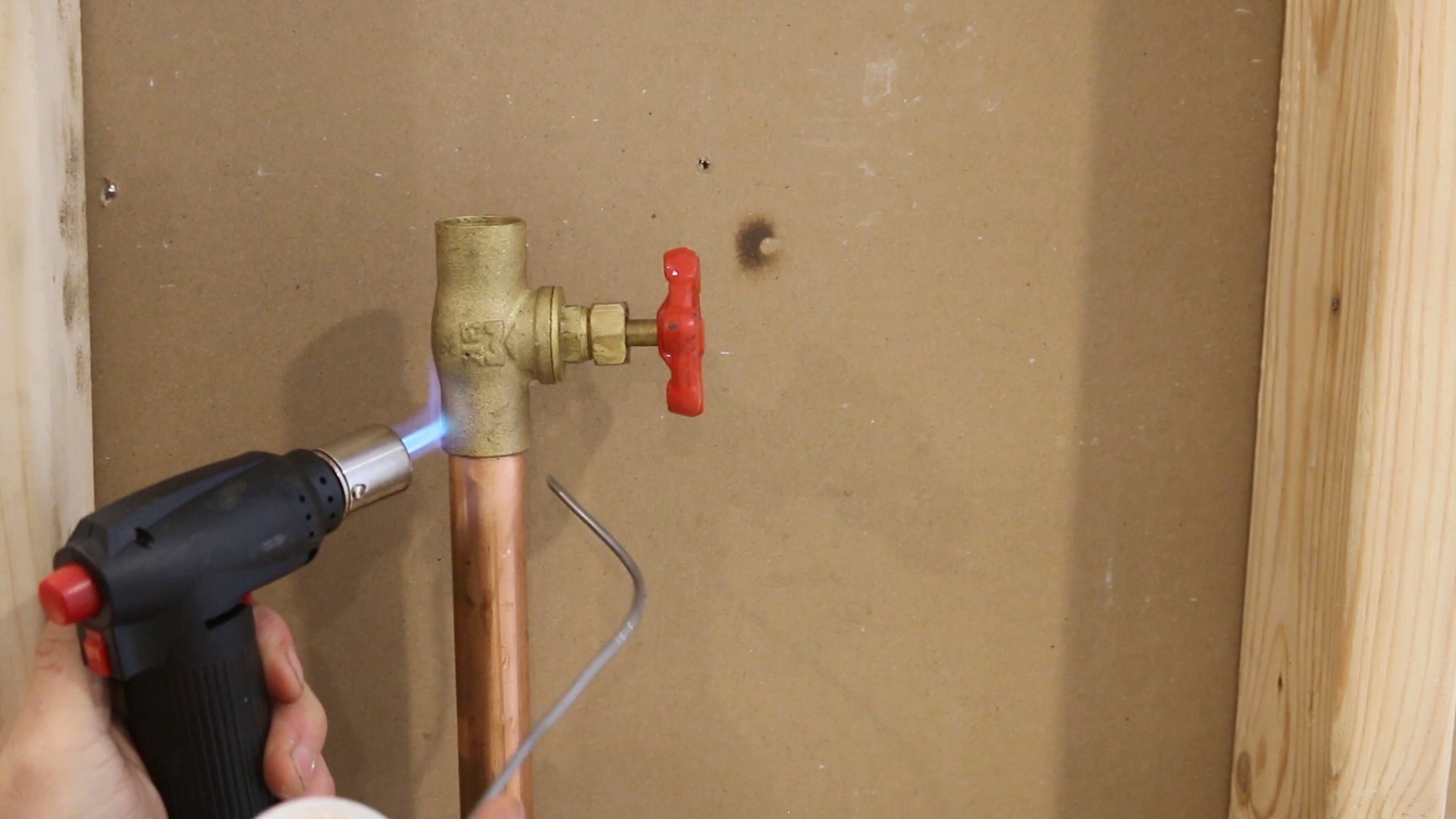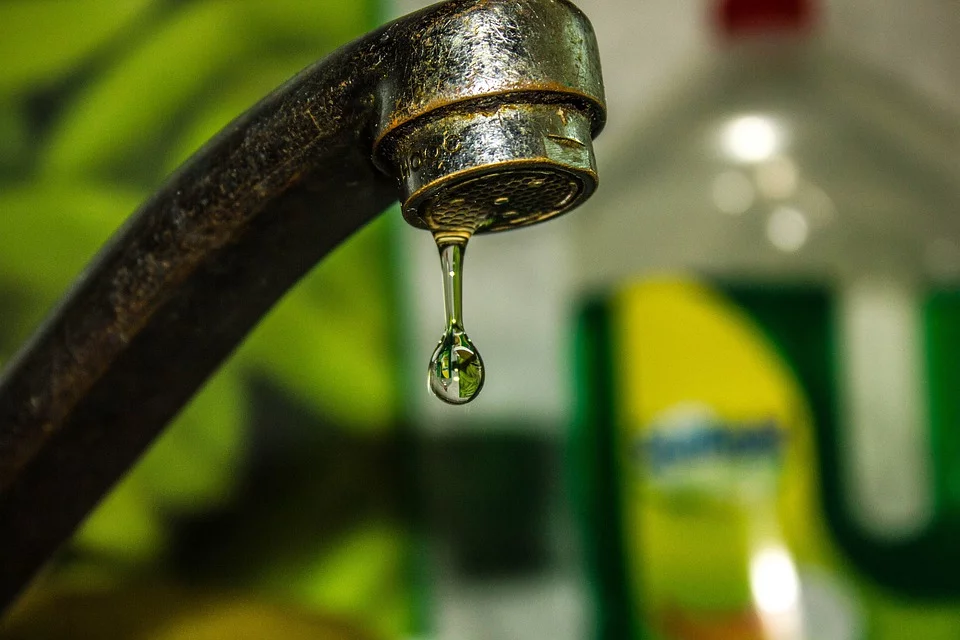Everyone seems to have their own rationale involving How to stop pipes from freezing during the winter.

All homeowners that live in warm climates need to do their finest to winterize their pipelines. Failure to do so can mean calamity like frozen, split, or ruptured pipes.
Attempt a Hair Clothes Dryer or Warmth Weapon
When your pipes are virtually freezing, your trusty hair dryer or warmth weapon is a godsend. Bowling warm air directly into them might aid if the hot towels do not assist remove any working out ice in your pipelines. However, do not make use of other objects that create straight flames like a blow torch. This can lead to a larger disaster that you can not manage. You may wind up destructive your pipelines while attempting to thaw the ice. As well as in the future, you might also end up melting your residence. So beware!
Open Closet Doors Hiding Plumbing
When it's cold outside, it would be handy to open up closet doors that are concealing your pipes. Doing this tiny technique can keep your pipelines cozy and limit the potentially unsafe results of freezing temperatures.
Require Time to Cover Exposed Piping
One nifty as well as easy hack to heat up freezing pipelines is to wrap them with cozy towels. You can also utilize pre-soaked towels in hot water, simply don't fail to remember to wear protective handwear covers to protect your hands from the warmth.
Activate the Faucets
When the temperature declines and it seems as if the freezing temperature will last, it will certainly assist to activate your water both indoors as well as outdoors. This will certainly keep the water streaming through your plumbing systems. In addition, the activity will slow down the freezing procedure. Significantly, there's no requirement to transform it on full blast. You'll end up throwing away gallons of water this way. Rather, go for concerning 5 declines per min.
When Pipes are Frozen, shut Off Water
If you see that your pipelines are completely frozen or practically nearing that stage, turn off the primary water shutoff instantly. You will normally locate this in your cellar or laundry room near the heater or the front wall closest to the street. Turn it off today to stop more damages.
Do not neglect to close outside water sources, also, such as your hookup for the garden home. Doing this will protect against extra water from filling your plumbing system. With more water, more ice will certainly load up, which will at some point lead to rupture pipes. If you are unsure about the state of your pipelines this winter months, it is best to call a specialist plumber for an examination. Taking this proactive approach can conserve you countless dollars in repairs.
All home owners that live in temperate environments need to do their finest to winterize their pipes. Failing to do so can mean calamity like icy, broken, or burst pipes. If the warm towels do not help displace any resolving ice in your pipelines, bowling hot air straight into them might help. Transform off the major water valve quickly if you see that your pipelines are completely icy or practically nearing that phase. With even more water, more ice will certainly pile up, which will at some point lead to rupture pipelines.
PREVENT YOUR PIPES FROM FREEZING THIS WINTER
A Leading Cause of Property Damage
When the weather is taking a deep nose dive into the cold dreary days, the risk of your pipes freezing and potentially bursting skyrockets. Unfortunately, during these cold dreary months, burst pipes are the most common denominator for property damage. The pipes that are most at the risk are those that are in areas where it is most cold in your home. For instance, pipes located in interior places such as basements, attics, and your garage. Unfortunately, that doesn’t mean that the pipes running through your cabinets or exterior walls can’t freeze. Good news, however, is that you can do things to help prevent pipes from freezing.
How to Prevent Pipes From Freezing
Once the temperature starts to drop during the winter, you should be taking the proper measures needed to ensure that your pipes stay warm and that there is circulation of water through them. Some steps that experts may recommend could go against your better judgement when it comes to saving water and heat. However, it would go without saying that when expenses are compared, damaged pipes could put a bigger dent in your wallet than a water bill.
What Can I Do?
Keep your garage door closed. This is very important, especially if you have water supply lines running through your garage. Open your kitchen and bathroom cabinets to allow warm air to circulate through them. Allow air circulation throughout your home. Keeping the interior doors open will once again allow the warm air to circulate inside your home. Ensure your thermostat is running the same temperature throughout the night and day. If you plan to be away from home during the cold months, set your temperature no lower than 55° F. This should provide enough heat to keep the pipes warm and prevent any remaining water inside the pipes from freezing. For more of a long-term solution, add insulation to attics, basement, and other crawl spaces around your home. By allowing your faucet to drip, it will alleviate pressure in the system. This is important because the pressure that is created between the blockage and the faucet can potentially cause the pipes to burst. Allowing the faucet to drip will prevent the pressure from building up, therefore keeping the pipes from bursting. Seal any cracks, openings, and crawl spaces around your home to prevent cold air from coming inside. This keeps your pipes-not to mention your home-warmer and less susceptible to issues caused by freezing temperatures. For the pipes in your home that are easily accessible, applying electrical tape to them might prevent them from freezing over. This is a quick fix, as you can apply the tape directly to the pipe. There are two options for heating tapes. One turns on and off by itself when it senses heat is needed. The other type of heating tape needs to be applied when heat is needed and removed when not necessary. If you have exposed pipes in your home, you can check this website to take a look at a few options that would be available at a shop near you.

I am very curious about Prevent Freezing and Bursting Pipes and I am praying you enjoyed reading my blog posting. Are you aware of another individual who is interested by the subject? Please feel free to promote it. Kudos for your time. Please come visit our blog back soon.
This Post